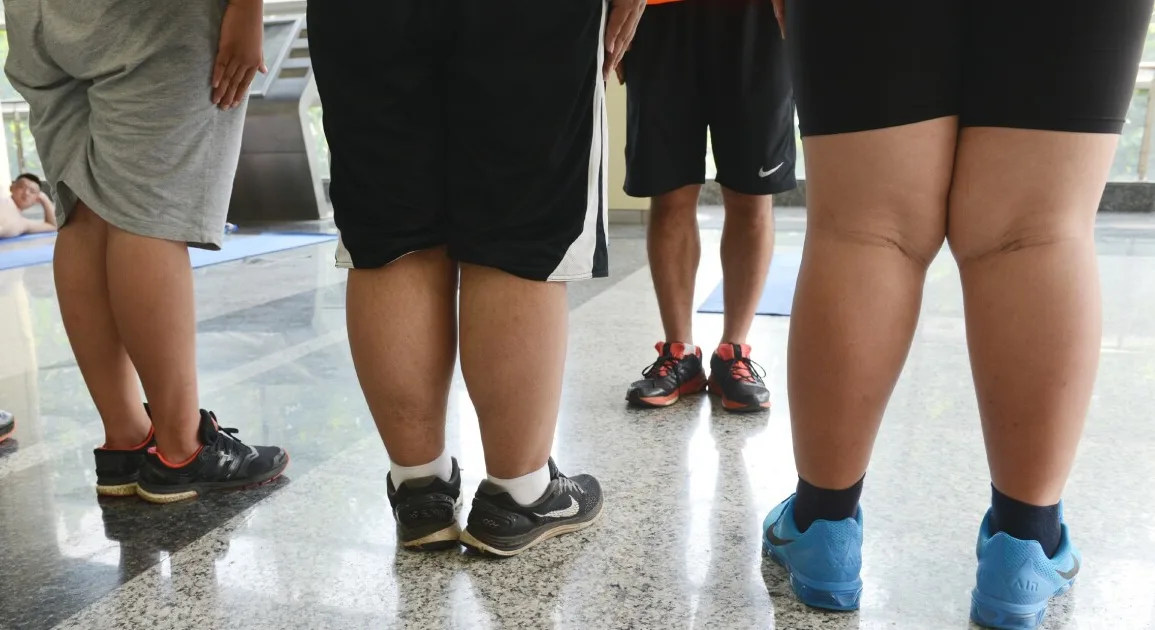A recent academic paper attempts to argue that black children are obese because of “racial discrimination” or “[p]ersonally mediated racism.”
The researchers, affiliated with New York University, Harvard University, and Tufts University, measured children’s waists, took their body mass index, and also asked them questions about their experiences with racism. A year later, the researchers measured the children again and, based on this data, concluded that “racial discrimination was positively associated with both indicators of youth adiposity [obesity].”
NO SPECIAL TAX BREAKS FOR WEALTHY BLUE STATE REPUBLICANS
“Racial discrimination has adverse effects on a range of health outcomes,” the researchers wrote. “We found that racial discrimination exposure was positively and significantly associated with BMI and waist circumference over time, even when adjusting for known socioeconomic risk factors for excess adiposity, such as income.”
The authors note that “Black children from high-income families experience higher levels of racial discrimination compared with Black children from lower-income [families].”
But their own findings showed that higher-income black children were less likely to be overweight or obese.
The solutions section suggests “optimiz[ing] clinical care among pediatricians by screening patients who report experiencing racism for mental health conditions and integrating positive youth development approaches that focus on identifying strengths and protective factors” and implementing “theory-driven policies, practices, and curricula that address personally mediated racial discrimination and that are developed through community-based methods with a focus on prevention.”
There are simpler ways to reduce weight problems that cost very little, and this is one reason why the claims that racism is driving an obesity problem are hard to buy.
Walking, drinking water, and controlling calories will go a long way to reducing weight problems. It is easy to point to a problem and say it is caused by racism, particularly if you’ve already bought into that ideology; two of the study authors are affiliated with the “Center for Anti-Racism, Social Justice, and Public Health” at NYU.
The center presupposes racism is driving health problems. Its goal is to “examine how racism contributes to health inequity and to reduce race-related illness and premature deaths among BIPOC communities” and “is dedicated to developing anti-racism and social justice public health research, policies approaches and model practices.”
It is easy to be in academia and find a problem and connect it to racism. But it is harder to tell people to take responsibility for their lives and be healthier. It is also difficult to explore other reasons for disparities between races without labeling the differences as caused by racism.
Puberty is another explanation for why the obesity rates might be higher among black children. Black and Hispanic girls typically start puberty sooner than white girls, and ages 9 to 11 are roughly when puberty can begin, which can bring on weight changes. Bullying, which could be misattributed to racial discrimination, would not be uncommon as children get closer to being teenagers and as their peers start to change. Oddly, puberty is not mentioned at all in the paper.
CLICK HERE TO READ MORE FROM THE WASHINGTON EXAMINER
All children and their parents should work to get healthy and decrease their chances of developing painful and unhealthy conditions later in life. Schools can teach good nutrition and exercise, and professors can help them develop effective curricula.
But simply finding a social problem and trying to link it to racism does not help those who need it, and it ignores the agency people have to better their own lives.
Matt Lamb is a contributor to the Washington Examiner’s Beltway Confidential blog. He is an associate editor for the College Fix and has previously worked for Students for Life of America and Turning Point USA.


